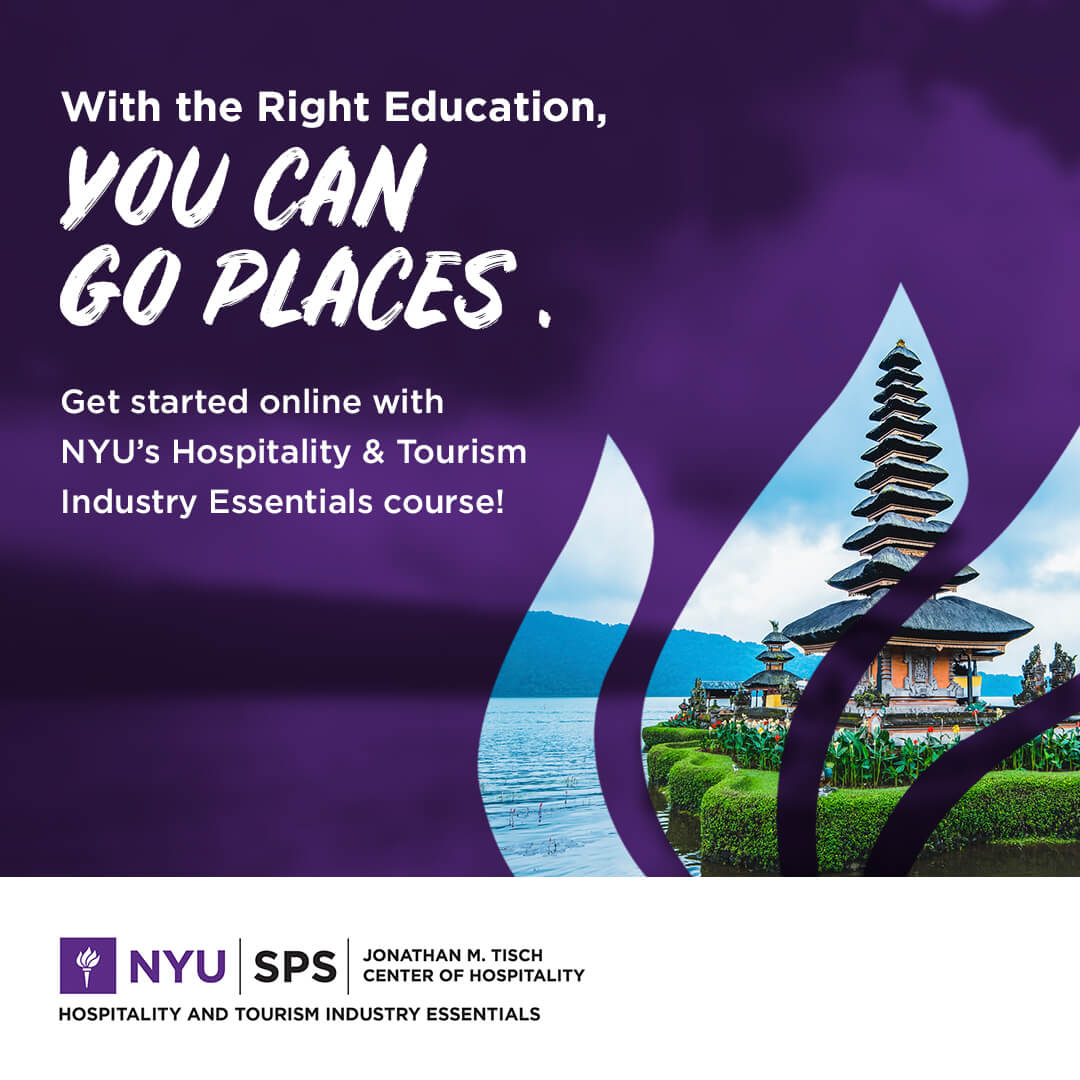In today’s competitive hospitality industry, Customer Relationship Management (CRM) plays a crucial role in enhancing guest experiences, increasing customer loyalty, and driving revenue growth. CRM systems enable businesses to better understand their guests’ preferences, anticipate their needs, and personalize their interactions, leading to improved customer satisfaction and retention.
In this article, we will explore the importance of CRM in the hospitality sector and discuss top strategies that businesses can implement to effectively leverage CRM tools for success.
1. Personalized Guest Interactions
Personalization is key in the hospitality industry, and CRM systems allow businesses to tailor their interactions with guests based on their preferences, past behavior, and feedback. By collecting and analyzing guest data, such as booking history, dining preferences, and special requests, hotels and restaurants can create personalized experiences that make guests feel valued and appreciated.
2. Targeted Marketing Campaigns
CRM tools enable businesses to segment their customer base and target specific groups with personalized marketing campaigns. By analyzing guest data and behavior patterns, businesses can identify opportunities to upsell services, promote special offers, and drive repeat bookings.
Targeted marketing campaigns not only help businesses increase revenue but also foster stronger relationships with guests by delivering relevant and timely messages.
3. Streamlined Reservation and Booking Processes
Efficient reservation and booking processes are essential for providing a seamless guest experience. CRM systems can centralize guest information, reservation details, and booking history, allowing businesses to easily access and manage this data in one place.
By streamlining reservation processes, businesses can improve operational efficiency, reduce errors, and enhance guest satisfaction.
4. Enhanced Customer Service
Exceptional customer service is a cornerstone of the hospitality industry, and CRM systems can help businesses deliver personalized and responsive service to guests.
By tracking guest interactions, preferences, and feedback, businesses can anticipate guest needs, resolve issues promptly, and exceed expectations. Effective CRM tools empower staff to provide exceptional service that builds trust and loyalty with guests.
5. Data-Driven Decision Making
In today’s data-driven world, businesses rely on insights and analytics to make informed decisions. CRM systems collect and analyze guest data, providing valuable insights into guest behavior, preferences, and trends.
By leveraging this data, businesses can identify growth opportunities, optimize operations, and drive strategic initiatives that align with guest expectations.
6. Loyalty Program Management
CRM systems are critical in managing loyalty programs and incentivizing repeat business. By tracking guest interactions, spending habits, and engagement with loyalty programs, businesses can reward loyal customers, offer personalized incentives, and encourage repeat visits.
Loyalty program management through CRM tools helps businesses foster long-term relationships with guests and drive customer retention.
7. Integration with Other Systems
To maximize CRM’s benefits in the hospitality industry, businesses should consider integrating CRM systems with other technology platforms, such as property management systems (PMS) and point-of-sale (POS) systems.
Integration allows for seamless data flow between systems, enabling businesses to access real-time information, streamline operations, and deliver a cohesive guest experience across all touchpoints.
8. Training and Staff Engagement
Effective implementation of CRM tools requires proper training and staff engagement to ensure successful adoption and utilization. Businesses should invest in training programs to educate staff on CRM best practices, data privacy guidelines, and customer service standards.
Engaging staff in the CRM process empowers them to leverage the tools effectively, deliver personalized service, and contribute to overall guest satisfaction.
9. Continuous Improvement and Feedback
CRM systems enable businesses to collect guest feedback, analyze satisfaction scores, and identify areas for improvement. By listening to guest feedback and monitoring satisfaction metrics, businesses can proactively address issues, implement changes, and continuously enhance the guest experience.
Continuous improvement based on guest feedback is essential for staying competitive in the dynamic hospitality industry.
10. Measuring ROI and Performance
To evaluate the effectiveness of CRM initiatives, businesses should measure key performance indicators (KPIs) and track return on investment (ROI) metrics. By analyzing data on guest retention, revenue growth, customer satisfaction, and operational efficiency, businesses can assess the impact of CRM strategies and make data-driven decisions for future investments.
Measuring ROI and performance metrics is essential for demonstrating the value of CRM in driving business success.
Conclusion
CRM plays a vital role in the hospitality industry by enabling businesses to personalize guest interactions, target marketing campaigns, streamline operations, deliver exceptional customer service, and drive revenue growth. By implementing top strategies, businesses can leverage CRM tools to enhance guest experiences and build long-term relationships.
Key Takeaways:
- Personalized guest interactions are crucial for enhancing guest experiences and fostering customer loyalty in the hospitality industry.
- Targeted marketing campaigns based on CRM data can drive revenue growth and strengthen relationships with guests.
- Streamlining reservation processes through CRM systems improves operational efficiency and guest satisfaction.
- Exceptional customer service supported by CRM tools builds trust and loyalty with guests.
- Data-driven decision-making using CRM analytics helps businesses identify growth opportunities and align with guest expectations.
- Managing loyalty programs through CRM systems incentivizes repeat business and enhances customer retention.
- Integration of CRM with other systems enhances operational efficiency and delivers a cohesive guest experience.
- Training staff on CRM best practices and engaging them in the process is essential for successful implementation.
- Continuous improvement based on guest feedback is key to staying competitive in the dynamic hospitality industry.
- Measuring ROI and performance metrics is crucial for evaluating the impact of CRM strategies and driving business success.
To deepen your knowledge and skills in CRM for the hospitality industry, consider enrolling in the NYU Hospitality and Tourism Industry Essentials online course and certificate program offered by Yellowbrick.
This comprehensive program will provide you with the expertise needed to excel in leveraging CRM tools for success in the hospitality sector.




